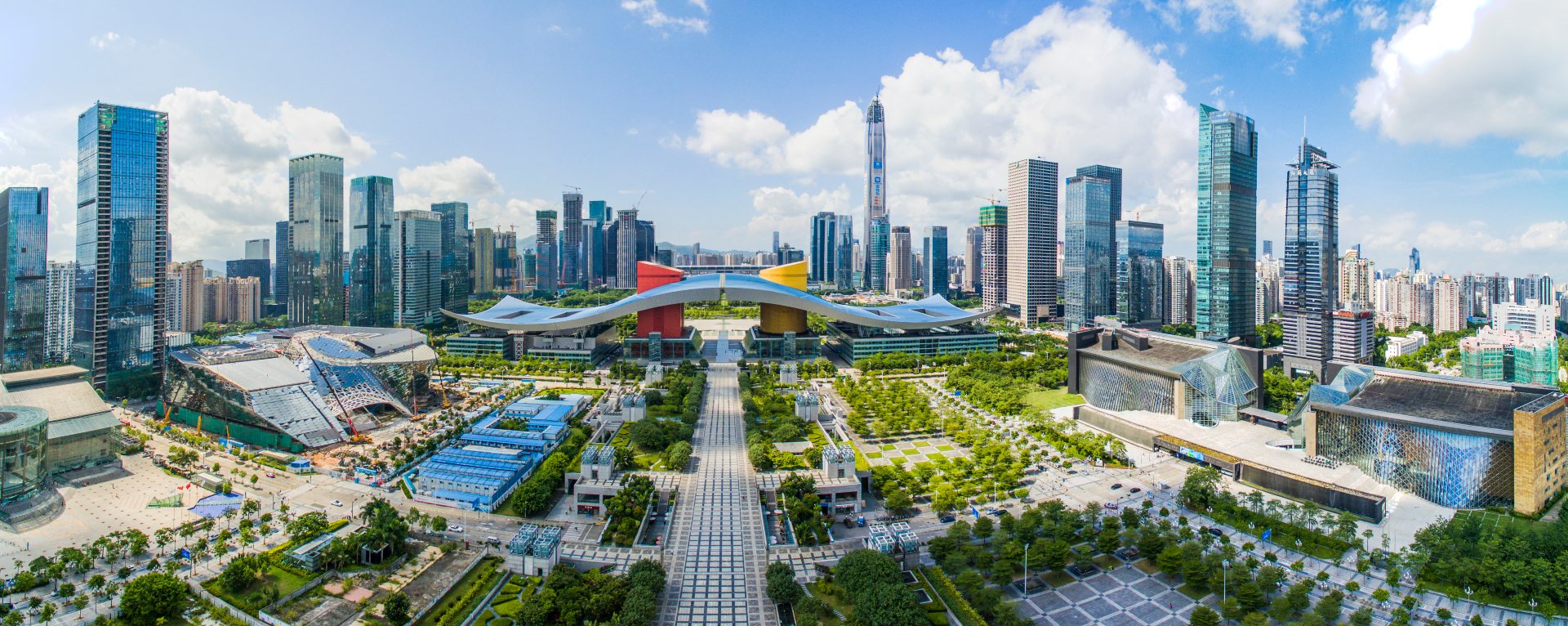Davos: Creating a Shared Future in a Fractured World
The 48th edition of the World Economic Forum starts this week in Switzerland, where issues such as the future scenarios of the world will be discussed
The World Economic Forum holds its 48th Annual Meeting this week, in the Swiss town of Davos, under the rubric “Creating a Shared Future in a Fractured World”. As well as the usual presence of world leaders, and representatives of businesses, international organizations and the media, the event will also host figures such as the King of Spain and Donald Trump, the second US President to attend after Bill Clinton in 2000. This year’s World Economic Forum represents an unprecedented global effort to co-design, co-create and collaborate, making the meeting a real summit of summits.
According to WEF, the global context is changing radically and geostrategic fissures have re-emerged on multiple fronts with wide-ranging political, economic and social consequences”. In economic terms, policies are being formulated to preserve the benefits of global integration while limiting shared obligations such as sustainable development, inclusive growth and management of the Fourth Industrial Revolution.
Future scenarios
As is customary, one of the most debated aspects will be the near future facing humans. We are at a fundamental turning point involving challenges that need an urgent solution to ensure the sustainability of the planet and the subsistence of the human species.
The population is growing at a greater rate than resource generation and it is estimated that, in 2040, the global population will have reached 9.2 billion. In parallel, the middle class, which consumes many more resources, is growing rapidly.
Population growth means pressure on the planet will increase. Climate change, destruction of ecosystems, extinction of species, waste disposal and pollution… all of these are problems are caused by human activity we must limit.
The big challenge: cover present needs… and future ones
We need to keep covering our needs, as well as those of people who still don’t have them covered and those to be born in the future, as the global population grows in the coming years. These two challenges indicate to us the necessity of rethinking our production systems and our way of consuming the planet’s resources, so we achieve a sustainable balance.
There are three key resources to ensure this transformation: energy, water and food. Most of the rest of the challenges facing humanity arise from the production and management of these three key resources.
First, energy performs a fundamental role in satisfying our needs, given that society needs energy in all kinds of forms to enable the full realization of its activities. Secondly, water is a scarce resource and will become increasingly so and ever more valuable in the years to come.
Finally, food is the basic necessity for the survival of mankind. The challenge is to put an end to hunger and nourish the planet’s entire population efficiently and responsibly.
Discover in this video how we can overcome all these challenges successfully.
If you would like to follow the Davos meeting live, you can do so via the official meeting hashtag, #wef18. You can also follow the live blog in Spanish via https://www.weforum.org/es/events/world-economic-forum-annual-meeting-2018
Source: World Economic Forum.







